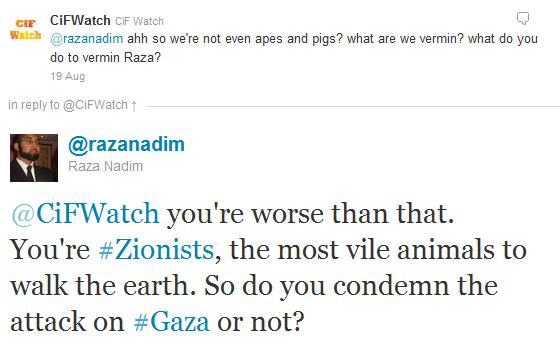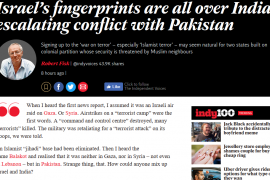1) Writing at the National Review, Lahav Harkov discusses ‘The False Narrative of Israeli Neutrality in Russia’s Ukraine Invasion’.
“…Israel has been accused of not taking a side in this conflict that has united the West in opposition to Russia. However, Jerusalem has pushed back against the claim that it has been neutral or silent on Ukraine. Indeed, the situation is more complex than some Western media reports have suggested and reflects Israel’s being in a unique position to play an important mediating role, even if the messaging has at times been muddled.”
2) At WINEP, Michael Knights looks at ‘Iran’s Cross-Border Strikes’.
“On March 12, Iran’s Islamic Revolutionary Guard Corps (IRGC) fired as many as a dozen missiles at Erbil, the capital of Iraq’s Kurdistan Region. The unprovoked state-on-state violence—in the eyes of international law, no different from Russia’s attack on Ukraine—is part of a growing pattern of direct and undeniable Iranian missile and drone strikes on Middle Eastern countries.”
3) At the INSS, Raz Zimmt asks ‘Is Iran Moving toward a Constitutional Change?’.
“The recent proposal by a senior Iranian politician for a constitutional change has revived the debate around the possibility of introducing a parliamentary government system to the Islamic Republic. Proposals for constitutional changes have been raised on several occasions over the past decade, and the complex relations between the last four presidents and Supreme Leader Ali Khamenei have encouraged initiatives designed to pave the way for a replacement of the presidential system with a parliamentary system. Although these proposals have thus far produced no outcome, it is possible that this time, both main political camps and even Khamenei himself have an interest in promoting the change.”
4) NGO Monitor catalogues NGOs exploiting Russia’s invasion of Ukraine ‘to Draw False Equivalencies with Israel’.
“As with many other events that capture international attention, anti-Israel NGOs and activists appropriate the situation to further their own agendas and to promote demonization, in the form of BDS and other attacks on Israel. Many cited Western sanctions against Russian entities and individuals as a blueprint for targeting Israel, and lamented the lack of enthusiasm for such policies vis-a-vis Israel. Others sought to equate Ukrainian defense against invading forces with Palestinian “resistance,” i.e., terrorism.”




